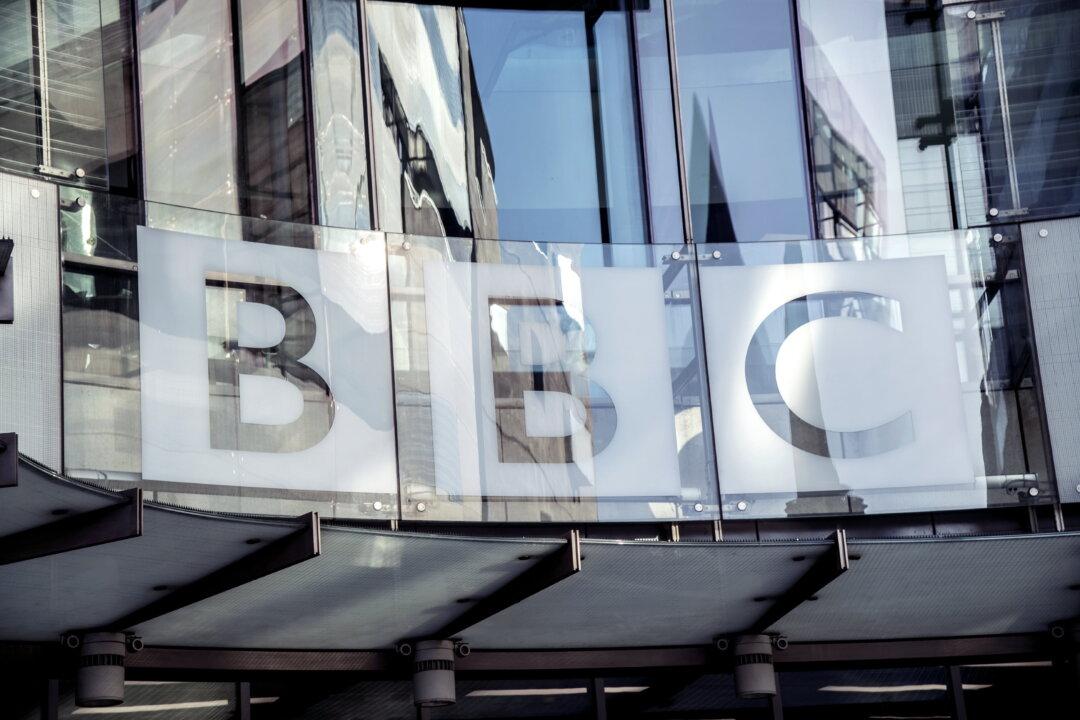The watchdog Net Zero Watch, which scrutinises climate and decarbonisation policies, has accused of world’s largest broadcast news organisation of bias over climate change.
The report outlines criticisms that the BBC has been forced to correct false claims in climate-related coverage after receiving public complaints in recent years.





